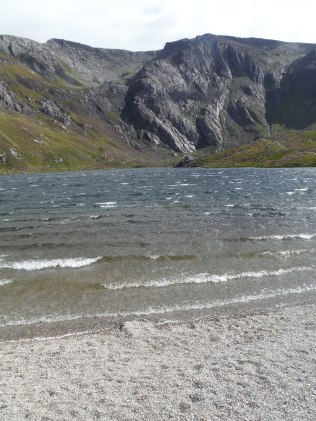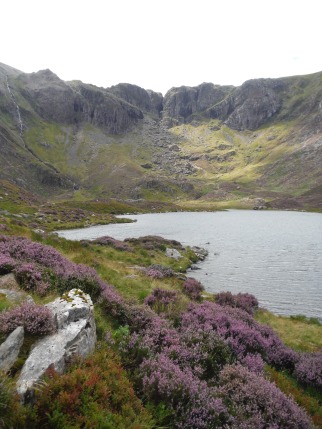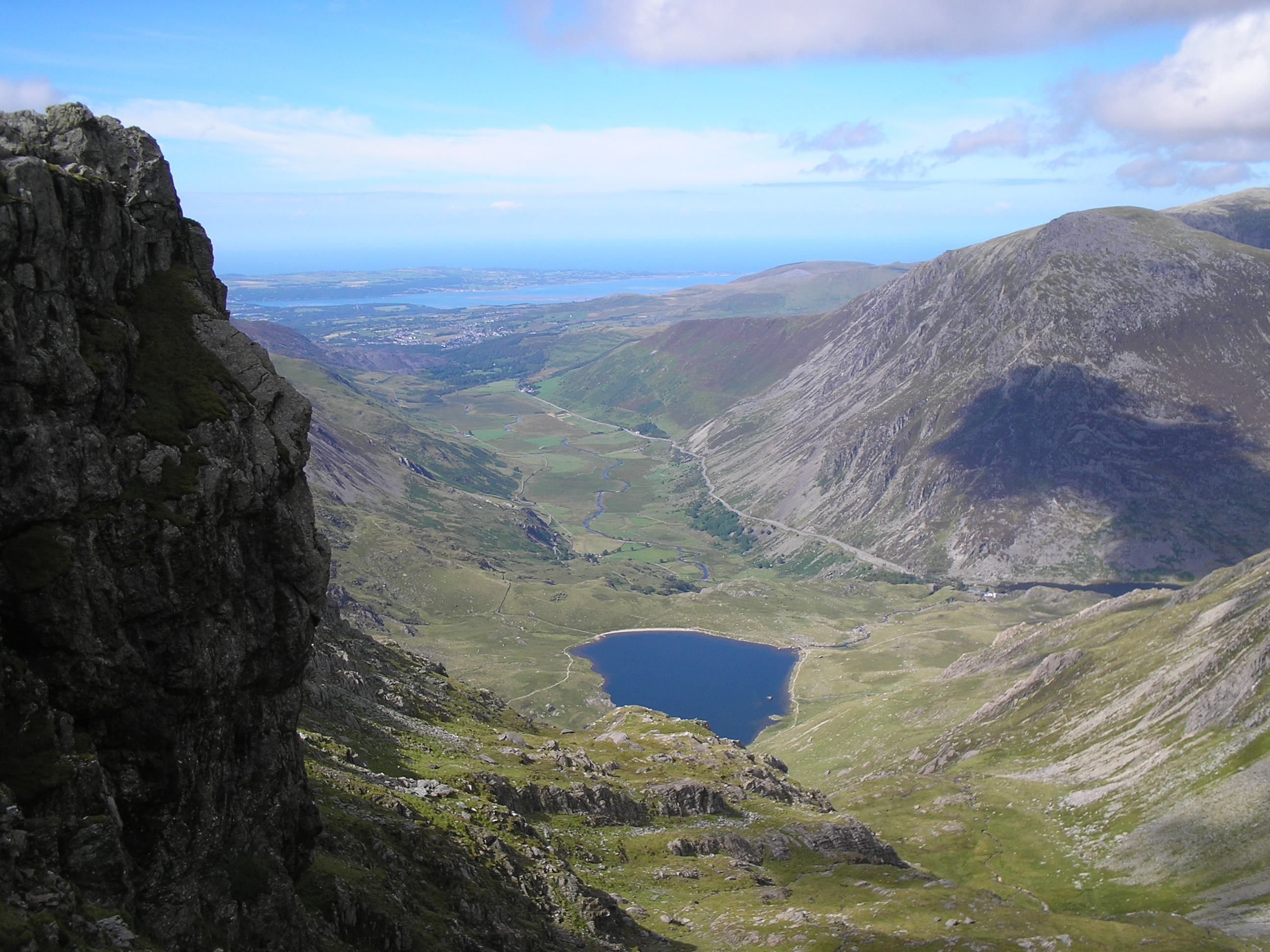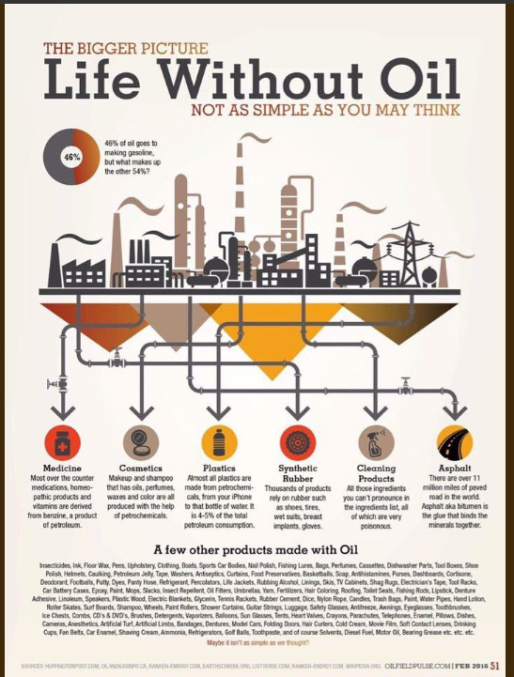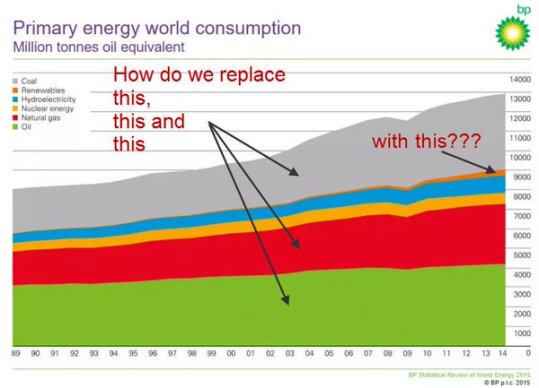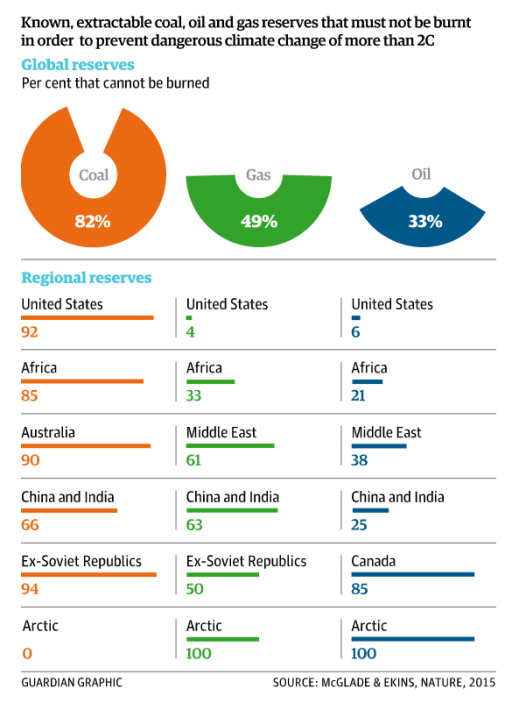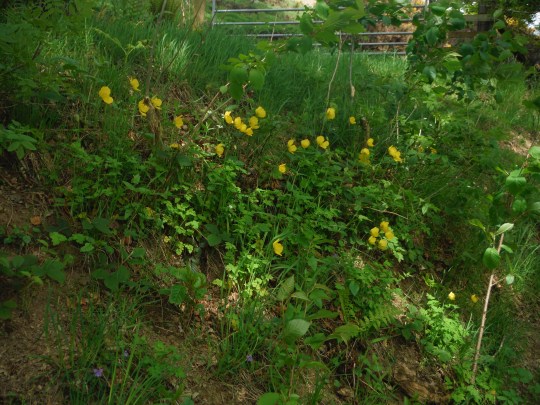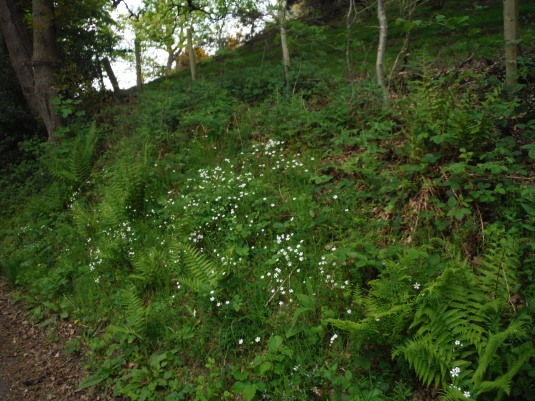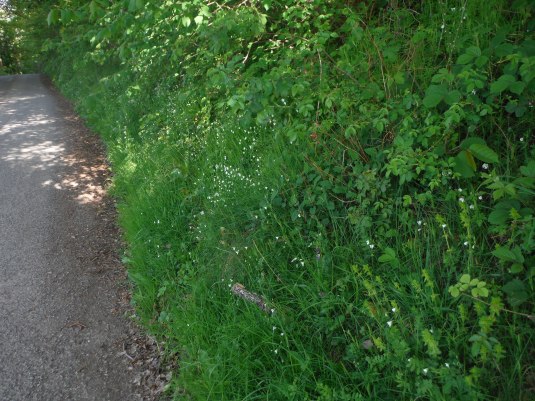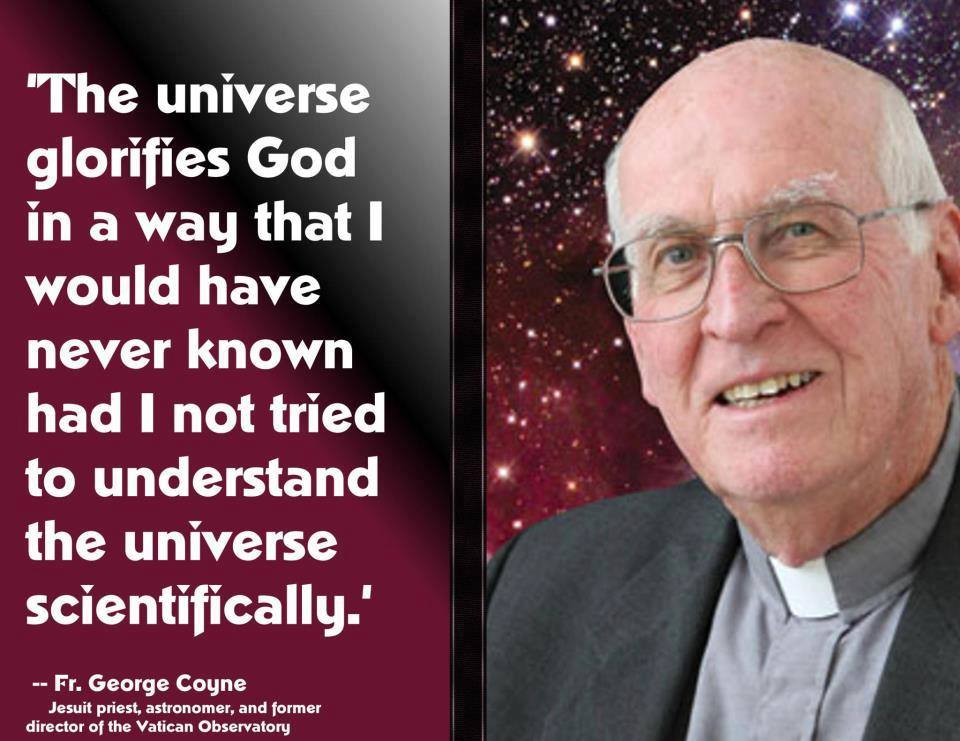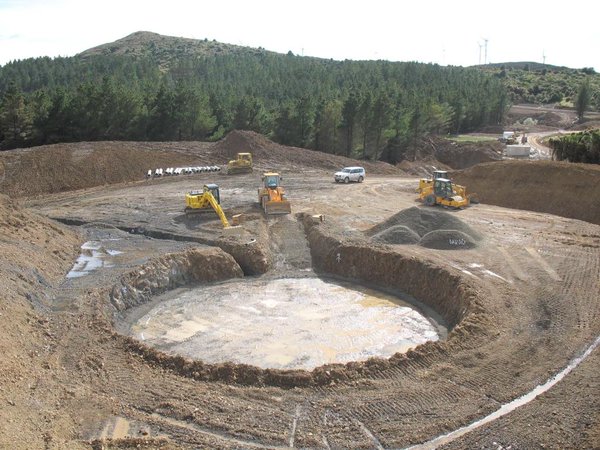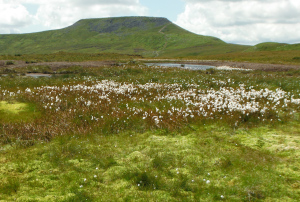TEN QUESTIONS TO ASK A YOUNG EARTH CREATIONIST?
Don’t worry if you meet Christians who say to be a real Christian you must believe in a Young Earth, or if the local village atheist tells you that as a Christian you must believe that Creation took place in 4004BC.
At first sight it may seem that to believe the Bible we must believe in a Young Earth. After all Genesis One writes of creation in six days not billions of years. But for the last 2000 years most Christians have not believed in a Young Earth and it is only in the last half century that it has become a big issue for some Christians.
Here I will ask questions of Young Earthers, and why they reject all the geology which tells of an ancient earth. To put it simply; is the earth young or old?
- Is the Gospel more about the Rock of Ages than the ages of rocks?
Rock of Ages cleft for me, let me hide myself in thee
The centre of the Gospel is the crucified and risen Christ, and everything in the Old Testament leads up to that and Jesus, not the age of my rock collection, is the heart of the Christian Faith. Jesus is the Rock of Ages, but ages of rocks are worked out by geologists and at times that can be difficult and maybe the ages shift after corrections. I was lucky to be the fourth geologist ever to go to the Richtersveld in South Africa. The geology was fantastic, but I questioned some ages and after a few weeks I decided that some rocks were only 900 million years old rather than the 2,400 million previous geologists claimed! Not a bad reduction. I am pleased to say that my conclusions are accepted by all geologists today – but I could have got it wrong. Not bad for a 23 year old. (This won’t happen in Britain as hundreds of geologists have visited every outcrop!)
But I haven’t changed my views on the Rock of Ages.
- Does the Bible teach that the earth is spherical? Some try so hard to claim that there is science in the Bible and that according to the Bible the earth is spherical. Not so fast, please. Genesis dates from before 1000BC and the first demonstrations that the earth was spherical were by the Greeks in about 500BC. Before that all thought the earth was flat. This is what the writer of Genesis thought, as did people from Egypt, Greece and Mesopotamia.
How the ancient Israelites imagined the earth and heavens
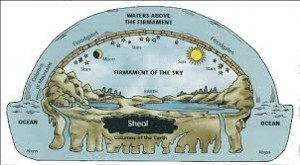
Some force the issue by claiming Is 40 vs22 points to the earth being spherical. The translations rightly say a “circle” not a sphere. It is not possible to read a spherical earth into Genesis 1 vs 6- 8. This is because the Bible is not interested in science and so I give two 400 year old quotes. Galileo said “The Bible tells us how to go to heaven and not how the heavens go.” And Calvin said “He, who would learn astronomy and other recondite arts, let him go elsewhere.” Thus we go elsewhere to astronomers – and to geologists for the age of the earth.
- How could people in 1000BC or even30AD grasp the idea of geological time? The answer is simply NO, as no one had suggested it and any suggestion of millions of years was not in the running. Many people today find the idea of the earth being billions of years old almost unbelieveable. Tracing out the history of geology, geologists gradually began to see that the earth was older than Ussher’s age of 4004BC after 1680. Looking at the rocks in Nant Peris in Snowdonia the Rev John Ray, a great botanist, began to wonder if the earth was older than Ussher had suggested. He was tentative and rather sceptical, but was asking the right questions. By 1800 most thought the age of the earth was in millions and that included most Christians. In the 20th century radiometric age dating showed the earth is 4.6 billion years old. That is based on the physics of radioactivity and has nothing to do with evolution. If the dates are wrong then so is all physics.
The geological column and time
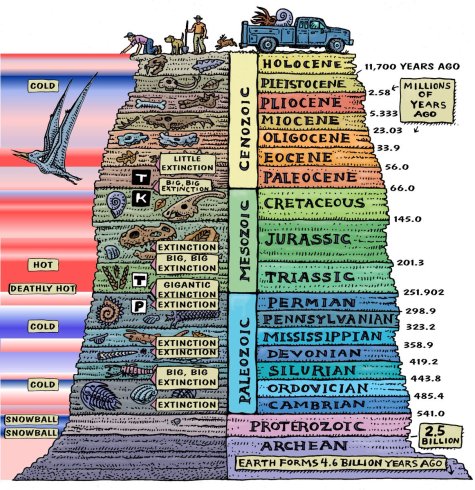
- Does the Bible always speak in a direct literal way? Different biblical writers use language in many ways as we do, using narrative, poetry, simile, metaphor. And then the narrative could be history, story, or parable. At times narrative, even when historical, may contain poetry. Thus Genesis One appears to be narrative at first sight but then each day is written in a poetic-like form; “Then God said, ‘Let there be…” followed by “And God saw that …. Was good” with a refrain “And there was evening and morning…” Just because poetry is used does not mean it is “untrue”. Psalm 23 is pure poetry using great imagery to bring out the love of God.
- Does the age of the earth – or its shape – matter to a Christian? In a sense, neither the age nor the shape of the earth matters. In about 360AD St Basil of Caesarea wrote in his commentary on Genesis that it did not matter whether the earth is spherical, cylindrical or a disc, even though at that time most scholars opted for spherical. Thus for a Christian the earth could be 10,000, 10,000,000 or 10,000,000, 000 years old and it does not matter which, as the Bible is not clear on the matter. But to go against the proven results of science is simply folly. The earth IS 4.6 billion years old. For 250 years now geologists have only found evidence for an ancient earth and none for a young earth.
6a. Surely Death came in when Adam ate the fruit in Eden? Often people assume that death came into the world for all living things when Adam ate the “apple”. This is often called “the Curse”. If this is correct then, no animals died before the Fall so the earth must be young. Now that is the end of any Old Earther!
BUT!! What does Genesis 3 say? It says nothing about animals and whether they only died after the Fall. So this has been read into Genesis and cannot be read out of Genesis 3. (Exegesis) Thus the Bible is silent.
To expand, this view comes from John Milton’s epic poem Paradise Lost and just should not be part of Christian belief.
But nowhere is that said in Genesis 3, as no mention is made of the death of animals but only of Adam and Eve.
6b. If there was no curse, why did Jesus die? The New Testament is very clear; Jesus died to forgive humanity and every book of the New Testament supports that. This comes down from “God so loved the world” John 3 vs 16 to God so loved me. To say Jesus died to reverse the Curse, takes away from the central Christian belief that Jesus died for sinners, both corporately and individually. It means that the Atonement instead of dealing with human sin, only deals with an postulated event of Genesis 3.
- Is Young Earth the traditional Christian view? Many think so, but NO! The early Christians, right up to 1800, were not clear on the age of the earth as that depended on how literal they thought Genesis was and they had no geological evidence to guide them. Until the rise of geology many thought that the earth was thousands of years old. As geology began to show an old earth, most Christians accepted that as it did not affect Christian teaching. From 1850 onwards few Christians were Young Earth and it only came back in for some in the 1960s, with the coming of Young Earth Creationism in Morris and Whitcomb’s The Genesis Flood. Before then even most American evangelicals thought the earth was old.
- Were early geologists opposed to Christianity and did they use their geology to undermine belief? I once did a field trip with an atheist geologist and as we chatted he said that belief in an ancient earth leads to atheism. We argued and got nowhere! Yet when you read a history of geology you soon find many geologists were Christians, from Steno in 1680 up until today. Most notable were the “reverend geologists” of the early 19th Notable among these were Adam Sedgwick, William Buckland and William Coneybeare. Sedgwick gave us the Cambrian system and with others the Ordovician, Silurian and Devonian. Buckland introduced the idea of Ice Ages to Britain. All were devout Christians and did not see how an ancient earth undermined the Christian Faith
William Buckland dressed for the field in 1842
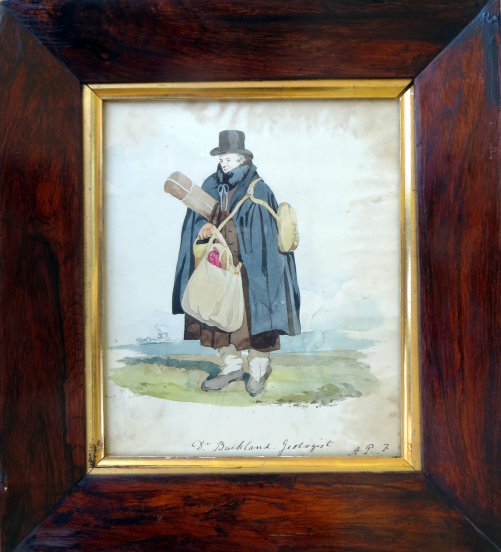
- 0 Did Christians oppose Old Earth Geology in the past? No and yes. Some did but most did not. I have to admit that this came as a surprise to me. From my superficial reading of science books and on religion and science I thought Christians opposed geology. But changed my mind as I did a historical study. Over several decades I have researched this question and read old theology books, journals, books by the hundred. I had to change my mind. I found that there were two myths; the first was that the churches opposed geology and this was used by atheists to say Christianity is wrong and secondly by some Christians to say geology was wrong and has atheist presuppositions.
I found that in the 17th century Christians believed in a youngish earth as there was little geology to guide them. As geology was studied more in the 18th century more and more educated Christians realised the earth was ancient. In the 19th century a few argued for a young earth, but nearly all had no science, let along geology. Most Christians, often after study, concluded the earth was ancient. Very few Christians opposed geology fro the last few centuries.
- Why do you claim that so many geologists in the last 350 years got their geology wrong? I don’t know how many geologists have studied rocks and the strata in the last 350 years. Today there are 12,000 fellows of the Geological society of London and so there must be over 100,000 qualified geologists in the world. All except for about 20-30 “Young Earth” geologists accept the vast age of the earth. A few geologists in the 18th and 19th century also reckoned geological time was wrong.
Undoubtedly geologists make mistakes today and did so in the past. I can give a dozen examples from Charles Darwin alone. But his and other geologists’ mistakes are minor.
So far no “Young Earther” has given an argument against geological time which has any validity.
Conclusion;
I will repeat. The heart of the Gospel is Jesus, the Rock of Ages, not the ages of rocks.
Geologists were not following an atheist philosophy to destroy Christianity but careful observers, many of whom were Christians, developing the science of Copernicus, Galileo and Newton in their study of rocks. From their many mistakes they built up a complex picture of the earth developing over billions of years and gave a beautiful picture of the age and structure of the earth. Though I left professional geology decades ago I still get a wow-experience when I look at the geological structure of the earth as I did when walking in the Lakes and Dales in recent weeks. It’s like unravelling a slow-motion revelation by God.
I hope these answers to ten questions show that old earth geology is to be embraced as not only is it not opposed to Christianity but reveals a fantastic picture of the history of our planet over 4 billion years. Every time I go out and casually observe the scenery I see how wonderful this picture is, Last week it was a walk over some Lakeland mountains where I say fascinating volcanic rocks from 450 million years ago and the effects of the Ice Age.
I have omitted all discussion of geology but this is a good blog by a Christian geologist https://michaelroberts4004.wordpress.com/2018/09/07/100-reasons-the-earth-is-old-2/
I graduated in geology fifty years ago, a few weeks after becoming a Christian. I worked as a geologist for a few years and then was ordained. I have kept up my geology and find the geological picture produced by geologists as fascinating, coherent and full of wonder, showing the Creative work of God.
Thus when I visit a place like Cwm Idwal in Snowdonia, as I do every year, I sea shear beauty, the wonder of God the Creator and its geology going back 450 million years when these volcanic rocks erupted. To me they are all one.
